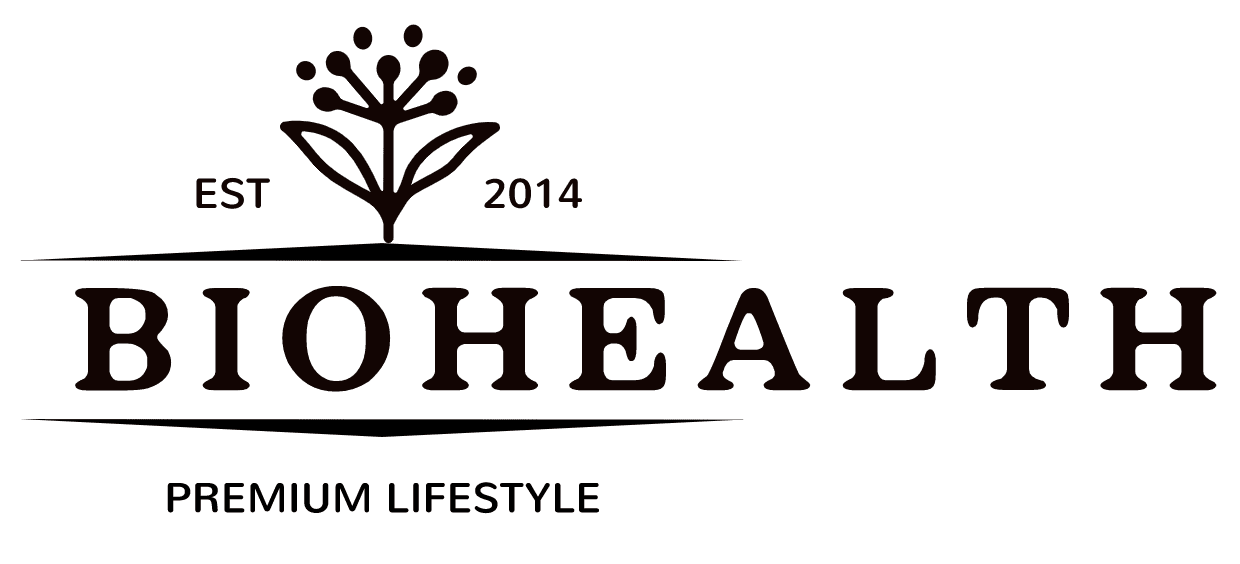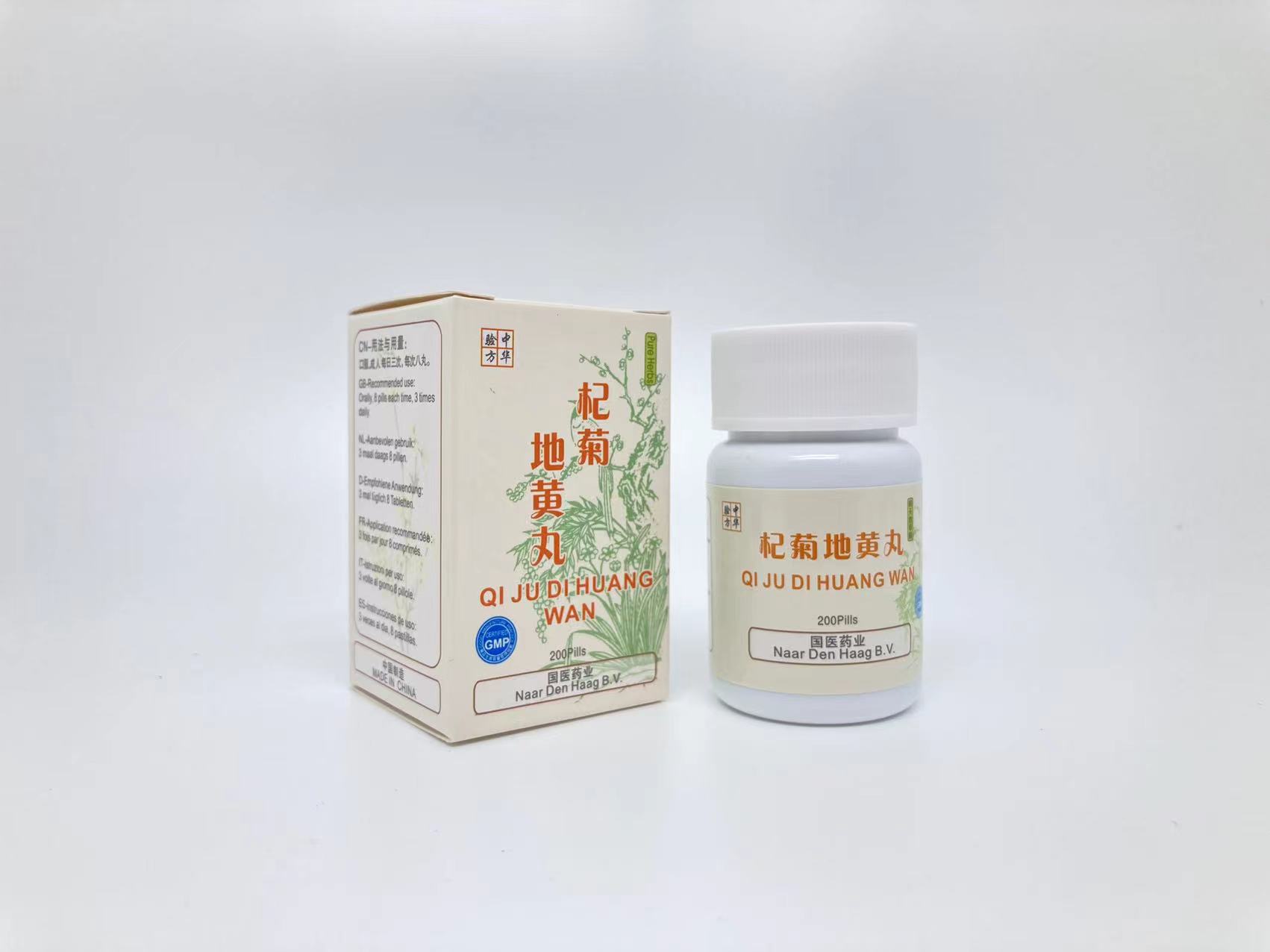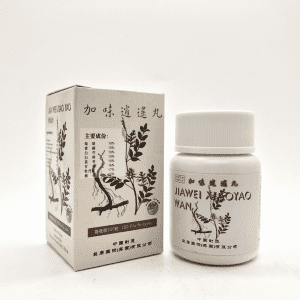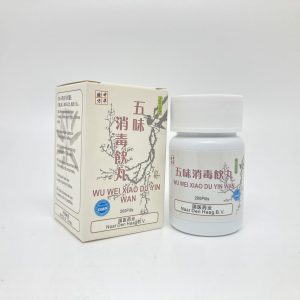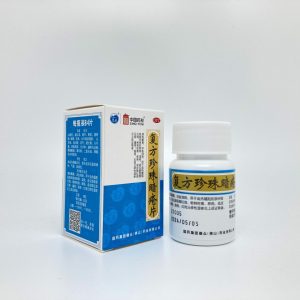Description
What does it do
Support Vision Health and Eye Comfort
Of the five senses, perhaps none is taken for granted as much as eyesight. We appreciate the taste of food every day; a symphony or other pleasing music; the caress of a loved one; a whiff of a bouquet of flowers. But at night, when watching TV, few people stare at their screens expressing gratitude for faultless vision. It’s only when we witness a blind person wearing sunglasses and walking with a cane that for a brief moment we realize how lucky we are to be able to see. And perhaps the only other times we have an epiphany about the joy of vision is when our own eyesight starts to diminish. Or when our eyes experience phantom spots and visions.
When your eyes start going out of focus, expressing gratitude for normal vision won’t resolve the problem. So what can be done about dry eyes, or problematic vision?
YinVive Eyes may offer the supplemental support your eyes need for normal function.
Time-Tested Remedy for Vision Health Nourishes Yin Energy
There’s a famous TCM theory maxim that says, “The liver opens into the eyes.” Thus, when there’s a problem with the eyes, there’s often a problem with the liver. This concept isn’t unique to TCM, of course. After all, in western medicine, when someone presents with jaundice in the eyes, doctors may suspect bilirubin is not moving from the liver to the bile ducts. Here, the liver in western medicine is regarded as an organ, whereas in TCM, liver opening into the eyes refers to the liver meridian energy channels.
According to TCM theory, poor vision and eye discomfort may be caused by Yin deficiency, especially of the Liver and Kidneys. YinVive Eyes works by nourishing both Liver and Kidney Yin energy.
If Yin is deficient in the Liver, then Liver Blood, consequently, will be deficient. With sufficient Liver Yin, Liver blood nourishes and moistens the eyes. However, red or dry eyes or blurred or spotty vision is an indication of Liver Blood deficiency or excess heat (Liver Fire).
How Does YinVive Eyes Work?
YinVive Eyes is based on the formula, Liu Wei Di Huang Tang, which dates to the 18th century. Liu Wei Di Huang contains six herbs. These six herbs focus on increasing Kidney Yin. However, the additional two herbs in YinVive Eyes especially nourish Liver Yin. Consequently, the herbs collectively act more directly on the eyes than the original Liu Wei Di Huang formula.
The chief herb in the formula is Shu Di Huang (Prepared Rehmannia), which tonifies Yin, Blood and Jing, and supplements bone marrow. Shan Zhu Yu (Cornus Fruit) and Shan Yao (Chinese Yam) are the two other primary tonifying herbs in the formula. The former tonifies the Spleen and Kidneys, nourishes the Stomach and Lungs, as well as generates fluids; the latter augments the Liver and Kidneys. Both Shan Zhu Yu and Shan Yao retains Jing, which is the life essence stored in the Kidneys.
The next three herbs in the formula prevent stagnant fluids from accumulating. Ze Xie (Water Plantain Rhizome) drains damp heat from the Kidneys and leeches fluids from the tissues. Fu Ling (Poria) leaches out dampness and strengthens the Spleen. Mu Dan Pi (Tree Peony Bark) clears heat and cools the blood and neutralizes heat from Shan Zhu Yu.
The two additional herbs for eye support are Gou Qi Zi (Goji berry, aka Lycium or Wolfberry) and Ju Hua (Chrysanthemum flower). Gou Qi Zi has become a popular anti-aging fruit owing to its high antioxidant properties. Its TCM actions are nourishing and tonifying the Liver and Kidneys, and benefitting Jing. Ju Hua disperses wind and clears heat and calms the Liver.
Does Research Support YinVive Eyes?
Qi Ju Di Huang Wan has been shown in a study to be a reliable alternative choice for dry eye care, owing to its ability to stabilize tear film and support the normal function of corneal epithelium.1 The formula for YinVive Eyes may have positive effects on normal tear production.
